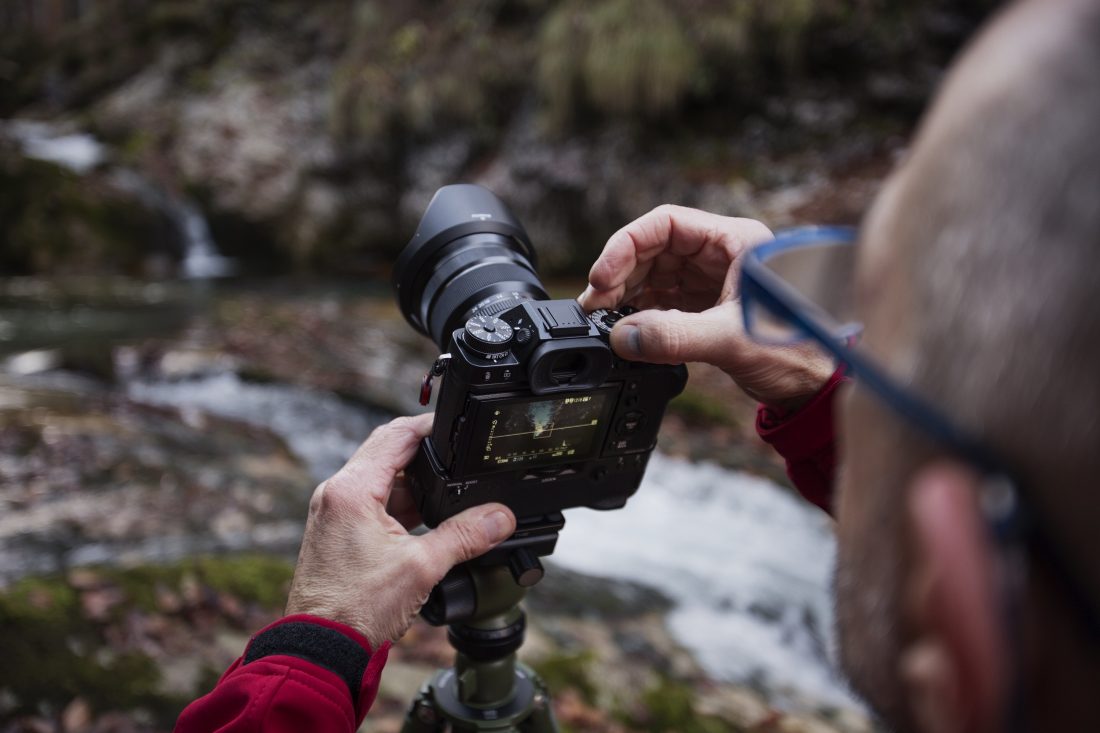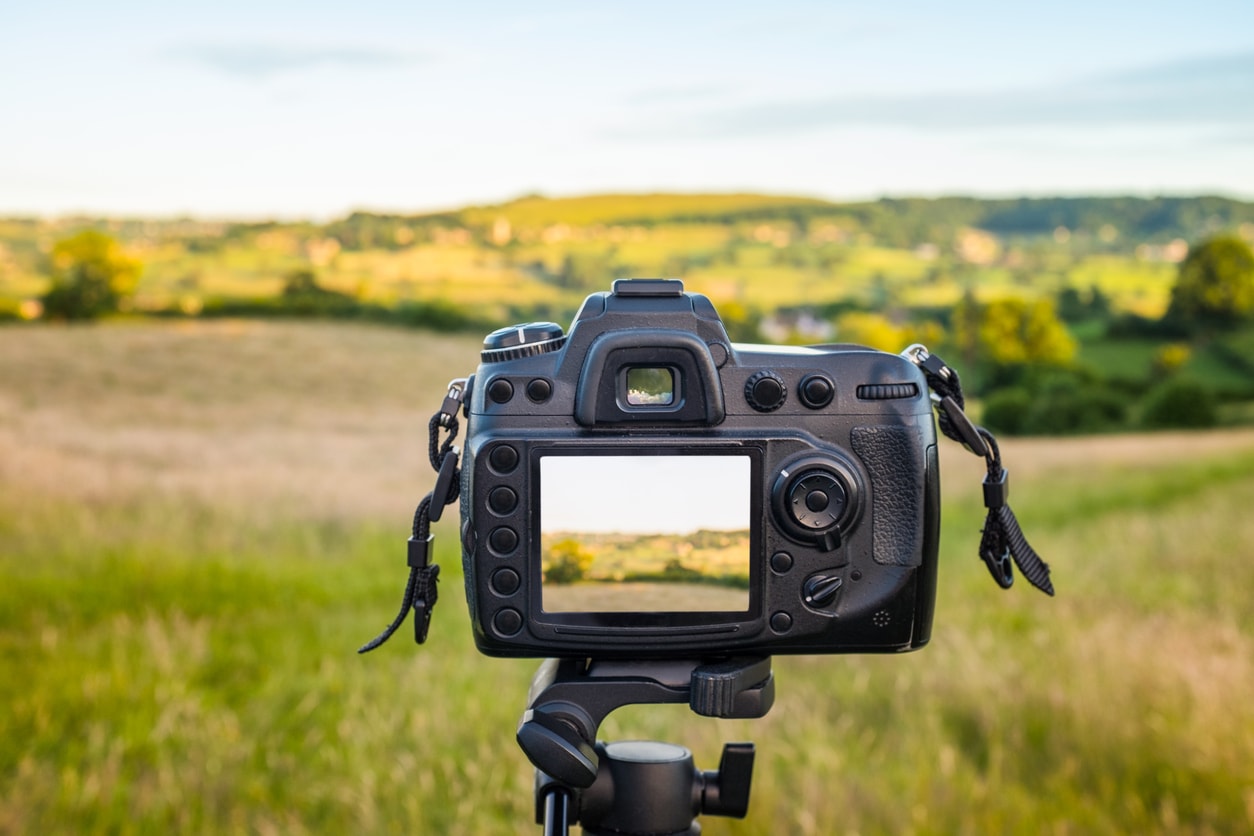What Is a Mirrorless Interchangeable Lens Camera: An In-depth Guide
For professional photographers always seeking the best tools to enhance their craft, understanding what is a mirrorless interchangeable lens camera is pivotal. This cutting-edge technology has revolutionized the world of photography, blending convenience with high-quality imaging.

The Basics: Mirrorless Interchangeable Lens Camera Explained
The world of photography has long been dominated by DSLR cameras. However, in recent years, a shift has occurred towards the mirrorless interchangeable lens camera. So, what exactly sets it apart?
DSLR vs. Mirrorless: A Brief Comparison
Traditional DSLRs use a mirror mechanism to reflect light into the viewfinder. This process, while effective, adds bulk and complexity to the camera's design. In contrast, a mirrorless camera eliminates this mechanical mirror assembly, allowing light to pass directly onto the image sensor. As a result, these cameras are typically lighter and more compact.
- Size and Weight: Generally, mirrorless cameras are smaller and lighter than DSLRs.
- Viewfinder: DSLRs use an optical viewfinder, while mirrorless cameras use electronic viewfinders (EVFs).
- Autofocus: Modern mirrorless cameras offer rapid and accurate autofocus capabilities.
Why Choose a Mirrorless Interchangeable Lens Camera?
For professionals, the real question is: why make the switch? Here are some compelling reasons:
- Portability: Their compact design makes them easier to carry, ensuring they're accessible for any shoot.
- Lens Flexibility: The ability to interchange lenses offers diverse shooting options and the flexibility to adapt to various photographic situations.
- Superior Video Quality: Mirrorless cameras often excel in video recording, providing higher resolutions and frame rates.

Delving into the Technical Side
Understanding the Electronic Viewfinder (EVF)
One of the distinguishing features of a mirrorless camera is the electronic viewfinder. Unlike an optical viewfinder, an EVF displays a digital preview of your shot, providing real-time feedback on exposure, white balance, and depth of field.
Sensor and Image Quality
Modern mirrorless cameras boast impressive sensors that rival, and sometimes surpass, those found in DSLRs. Full-frame sensors, APS-C, and even medium-format sensors ensure that photographers can achieve exceptional image quality with minimized noise and enhanced dynamic range.

Choosing the Right Lens for Your Mirrorless Camera
The flexibility of a mirrorless camera shines through its interchangeable lenses. Here are a few lens options that can elevate your photography:
- Prime Lenses: Known for their fixed focal lengths and superior sharpness, prime lenses are essential for portraits and low-light conditions.
- Zoom Lenses: Offering a range of focal lengths, zoom lenses are perfect for versatile shooting, from landscapes to close-ups.
- Macro Lenses: Capture intricate details with macro lenses, ideal for work that requires extreme close-ups.

Longevity and Durability
Investing in a professional-grade mirrorless camera also means considering its lifespan and durability. While these cameras are designed for rigorous use, regular care and maintenance can extend their life. For tips on maintaining your camera, visit How to Take Care of Mirrorless Camera.
Debunking Common Myths
There are several myths around mirrorless cameras that need to be addressed:
- Battery Life: Early models struggled with battery life, but advancements have significantly improved this aspect.
- Weather Sealing: Many modern mirrorless cameras now feature robust weather-sealing for outdoor shoots.
Using Your Mirrorless Camera
To maximize your camera's potential, learning its features and how to use them is key. For practical tips, read more at <Travelling Buzz Guide on Mirrorless Cameras.
FAQ
How does a mirrorless camera work?
A mirrorless camera operates without a mirror mechanism, allowing light to pass directly onto the image sensor and providing real-time digital previews.
Are mirrorless cameras better than DSLRs?
Each has its merits. Mirrorless cameras are generally more compact and offer superior video capabilities, while DSLRs excel in battery life and offer an optical viewfinder.
Do professional photographers use mirrorless cameras?
Yes, many professional photographers have switched to mirrorless cameras for their portability, lens versatility, and advanced features.
As an Amazon Associate, I earn from qualifying purchases.

